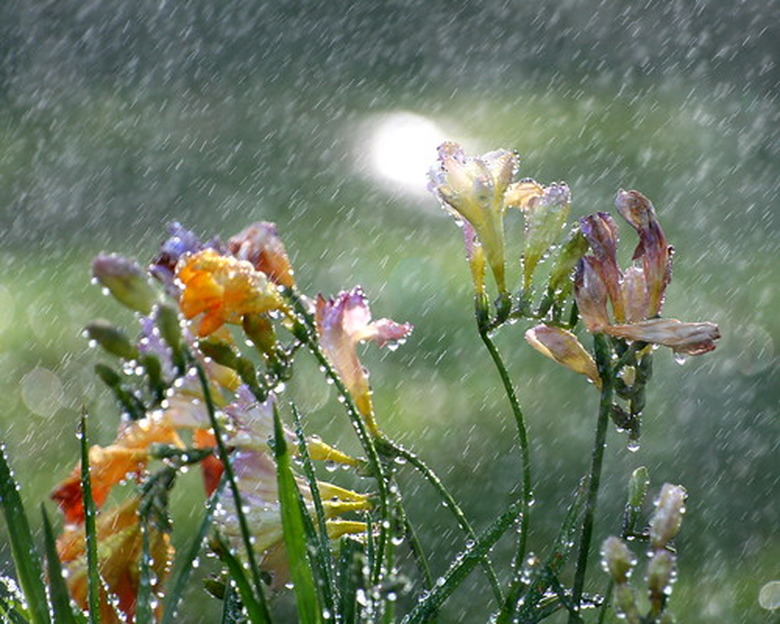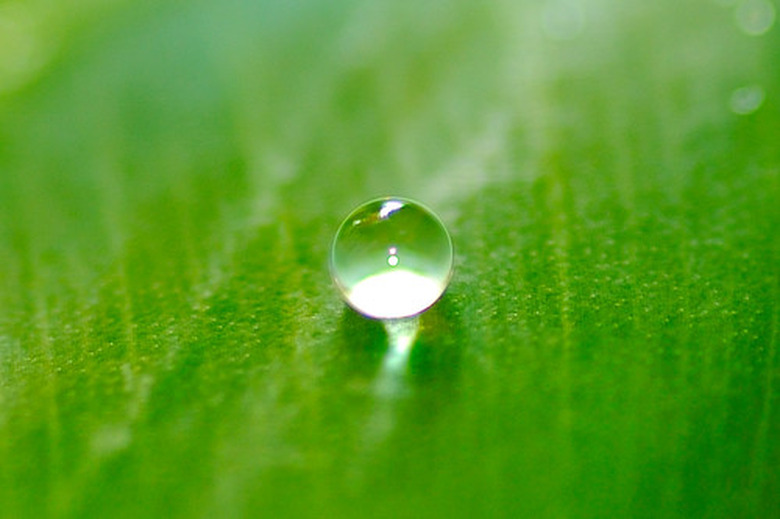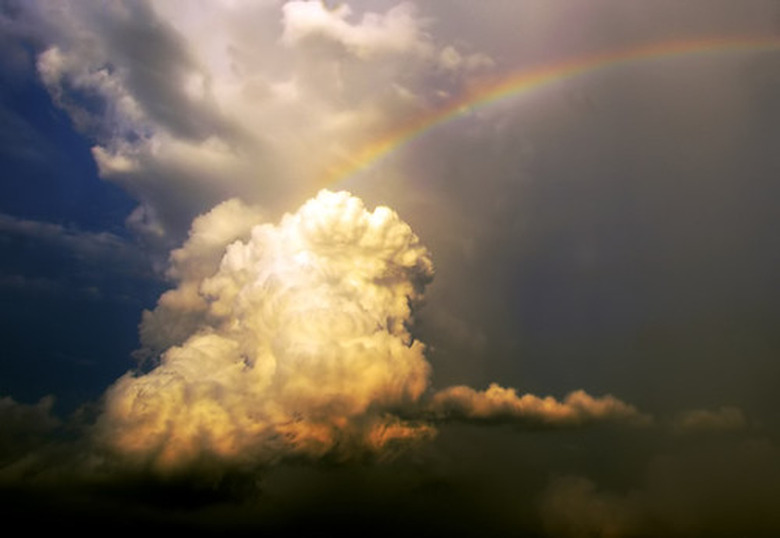What Are The Benefits Of Rain Water When Growing Plants?
It's not an old-wives' tale; rainwater really is better for growing plants than water from a hose. What makes rainwater better is not just what it doesn't have, such as harmful chemicals and treatments, but also what it does have: vital nutrients.
It's not an old-wives' tale; rainwater really is better for growing plants than water from a hose. What makes rainwater better is not just what it doesn't have, such as harmful chemicals and treatments, but also what it does have: vital nutrients.
Method
Rainwater is formed by the evaporation of the oceans and inland bodies of water. When the moisture condenses, it collects sulfur, which is essential to the formation of plant amino acids.
Essential Elements
Rainwater is high in nitrogen, a key constituent in chlorophyll, the greening ingredient essential to the production of carbohydrates through photosynthesis.
Chemical Process
When lightning strikes during a rainstorm, it causes nitrogen in the atmosphere to combine with hydrogen, creating an important fertilizer for plants that is then carried by the rain into the soil.
Other Processes
Rainwater captures the dust carried on air currents and delivers it to the soil. This dust contains important minerals and microorganisms that contribute to the breakdown of organic compounds into plant nutrients.
- It's not an old-wives' tale; rainwater really is better for growing plants than water from a hose.
- When lightning strikes during a rainstorm, it causes nitrogen in the atmosphere to combine with hydrogen, creating an important fertilizer for plants that is then carried by the rain into the soil.
The Alternative
Tap water contains salts, chlorine, fluoride and other chemical treatments that are harmful to plants.





